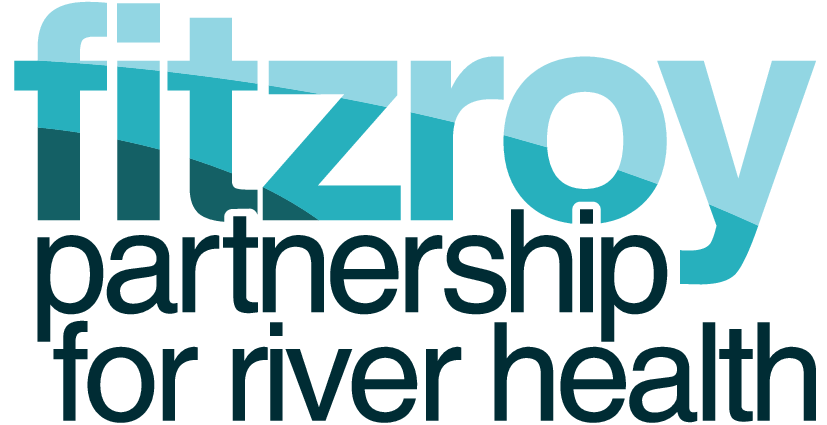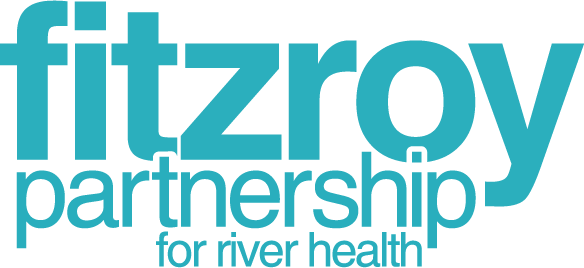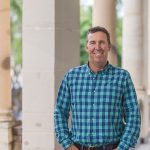FBA: a growing movement towards regenerative agriculture
Central Queensland’s natural resource management champion, Fitzroy Basin Association (FBA) works to support landholders to implement more sustainable practices that consider the triple bottom line – people, profit and the planet.
With the agricultural industry subject to ongoing market and climate volatility, landholders are increasingly interested in alternative farming practices. Regenerative agriculture focuses on rebuilding, restoring and regenerating farming landscapes. Through improving soil microbiology, enhancing biodiversity on a broader scale, reducing chemical use for cleaner air and water, valuing social capital, respecting natural process, landholders ultimately produce more
nutrient-dense food.
FBA embarked on a peer-to-peer mentoring program off the back of two 2018 RegenAG Biofertiliser workshops. The workshops were delivered by regenerative agriculture expert, Kym Kruse from RegenAg®. The enthusiastic response to the events (and the underlying principles of regenerative agriculture) indicated a high demand locally for the natural and holistic way of farming.
Facilitated by FBA’s Regional Landcare Agricultural Facilitator (RALF), Vicki Horstman and Kym Kruse, the peer-to-peer program quickly attracted participants. The project aimed to equip participants with the skills, tools and connections to succeed, and step away from traditional project delivery models. To this Kym said, “What we want to see is the uptake and the implementation of the information as practice.”
The mentor group consisted of 24 passionate landholders who farm a range of produce across the region. Collectively the group actively bounced ideas off one another, with regular online meetings and face-to-face field days. “In the agricultural industry, it’s essential that people learn from each other,” FBA’s RALF Officer, Vicki said.
“Hearing about what is working well for others helps everyone save money and time. What I love about this group is the knowledge transfer that is naturally occurring. What happens behind the farm gate doesn’t need to be a secret,” Vicki added.
The peer-to-peer mentoring group was a positive experience that improved participants’ capacity to adopt low cost and efficient soil restoration practices. A resounding interest in sharing learning and project outcomes resulted in FBA publishing their experience in the Rural Extension & Innovation System Journal and presenting at the 2019 Australasia-Pacific Extension Network.
This program is supported by Fitzroy Basin Association Inc and the Enhanced Extension Coordination program, which is funded by the Queensland Government Reef Water Quality program.
Myles and Julie Ballentine located at Banana are conventional dryland cropping farmers, growing chickpeas and mungbeans as their main crops, with wheat and sorghum in the mix, as well as beef cattle.
The Ballentine’s started their journey to improve their soil while obtaining an income from it after realising high input farming is not economically viable. This realisation came when in one season their sorghum crop doubled in price, and the cost of fertiliser with it.
“What we really want is a low input operation that regenerates the land and generates a profit,” Myles said.
“There seemed to be a missing link; FBA bridged the gap by bringing RegenAg to the region. We’re learning to make bioferts and soil stimulants to work in conjunction with the cover cropping,” said Myles. “We have seen increases in yield, which is obviously the biggest motivator in terms of hip pocket.
Myles trialled rolling the cover crop with a roller crimper and then he left a strip where he sprayed it out.
“The weed pressure in the strip that received chemical, compared to where he had rolled it, was very visibly different to the naked eye. You didn’t need to do a soil test,” Julie said.




